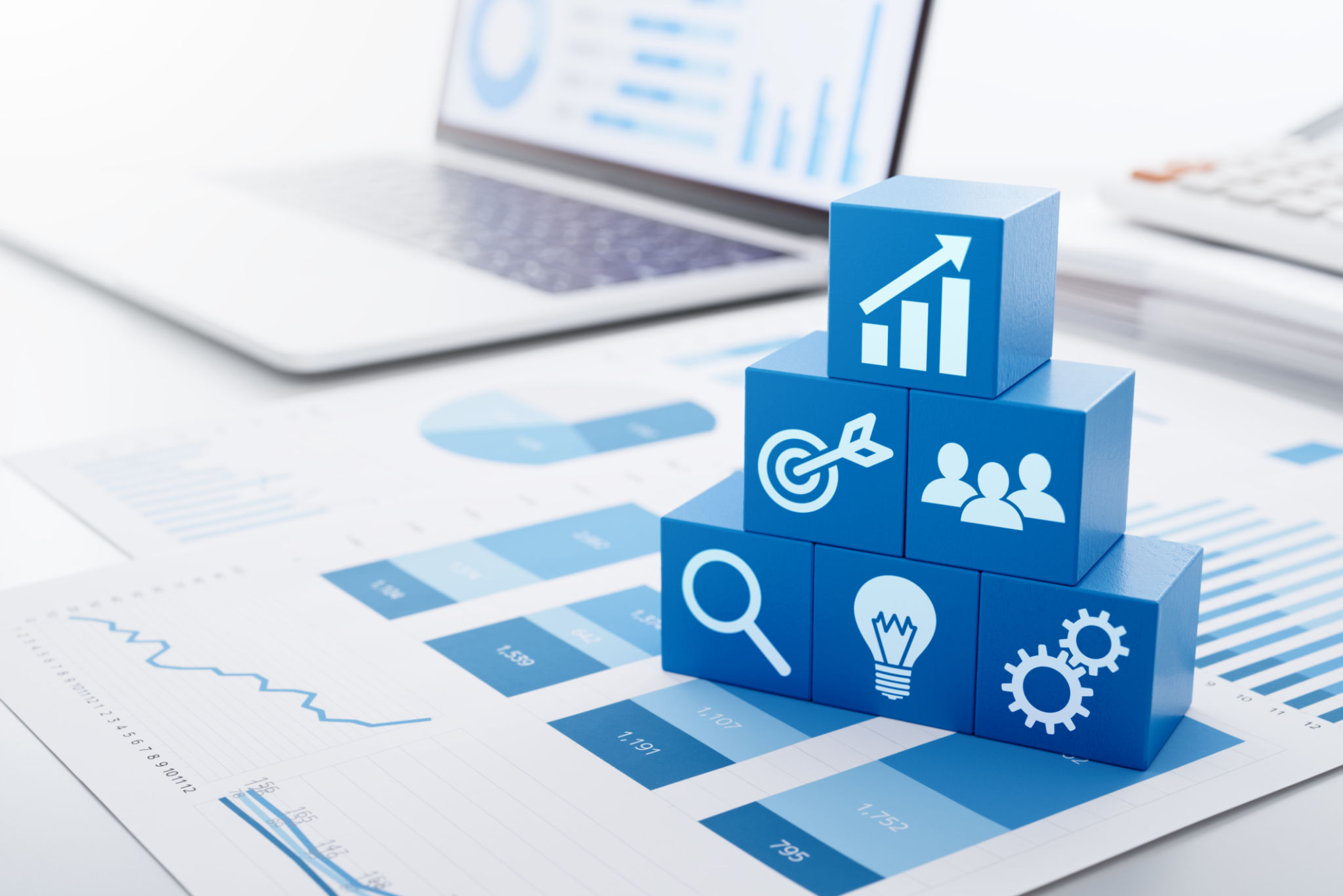Top Tax Planning Tips for Business Owners: Reduce Liabilities and Increase Savings
CC
Understanding the Importance of Tax Planning
For business owners, effective tax planning is crucial to managing financial health and ensuring long-term success. By strategically planning your taxes, you can significantly reduce liabilities and increase savings. Whether you’re a small business owner or run a large corporation, understanding tax planning can make a substantial difference in your bottom line.

Utilize Tax Deductions and Credits
One of the most effective ways to reduce your taxable income is by taking advantage of available tax deductions and credits. Business expenses such as rent, utilities, and office supplies can often be deducted. Additionally, tax credits for research and development or energy efficiency improvements can lower your overall tax bill. Make sure to stay updated on the latest tax laws to maximize these benefits.
Consider the Timing of Income and Expenses
Timing plays a critical role in tax planning. By strategically timing the recognition of income and expenses, you can manage your tax liability more effectively. For instance, if you anticipate higher income in the coming year, you might defer income or accelerate expenses to reduce your current-year tax burden. Working with a tax professional can help identify the best strategies for your specific situation.

Implement Retirement Plans
Investing in retirement plans is not only beneficial for securing your future but also offers significant tax advantages. Contributions to retirement plans like a 401(k) or SEP IRA can be tax-deductible, reducing your taxable income. Additionally, these plans can help attract and retain employees, adding further value to your business.
Stay Informed About Tax Law Changes
The landscape of tax law is constantly changing, and staying informed is key to effective tax planning. Regularly reviewing updates from the IRS or consulting with a tax advisor can ensure that you are aware of any new opportunities or obligations that may affect your business. Being proactive can prevent costly surprises down the road.

Leverage Technology for Tax Efficiency
Technology can be a powerful ally in your tax planning efforts. Utilizing accounting software can streamline record-keeping and ensure accuracy in your financial reporting. Many platforms offer features that automatically track deductions, forecast tax liabilities, and generate reports that simplify the filing process. Embracing these tools can lead to significant time savings and reduce the risk of errors.
Consider Business Structure Optimization
Your business structure—whether it's a sole proprietorship, partnership, LLC, or corporation—affects your tax liabilities. Periodically reviewing and potentially restructuring your business can lead to tax advantages. For instance, converting from an LLC to an S-Corporation might allow for more favorable tax treatment. Consulting with a financial advisor can provide insights into the best structure for your needs.

By implementing these tax planning tips, business owners can effectively manage their financial responsibilities while maximizing savings. Taking a proactive approach not only alleviates the stress of tax season but also positions your business for sustained growth and success.